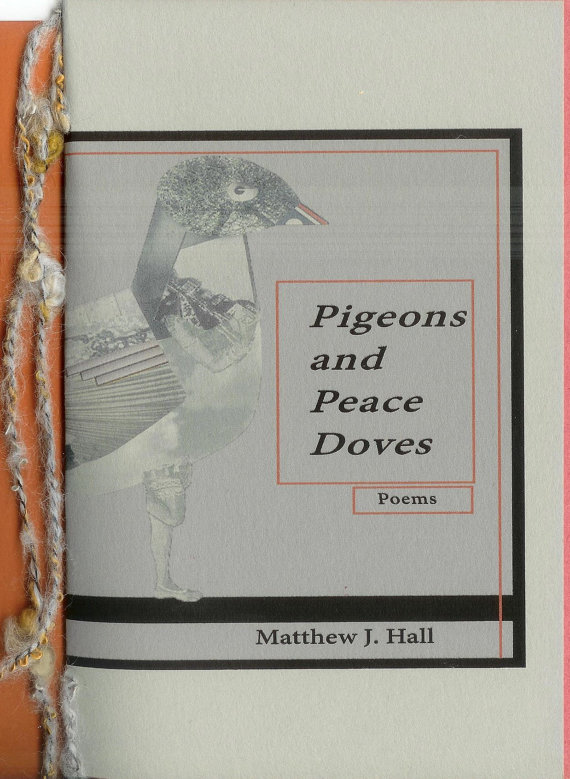Flesh of My Flesh: A Review of Bone of my Bone by Nicole Ross Rollender
– Reviewed by Alessandra Bava –
Full Disclosure: Nicole Ross Rollender friended me after purchasing my chapbook They Talk About Death, a winner of the Blood Pudding Press 2014 Poetry Chapbook Contest. We have similar sensibilities when it comes to poetry and I was glad she asked me to review her upcoming new chapbook.
Bone of My Bone, a winner of the Blood Pudding Press 2015 Poetry Chapbook Contest, is a haunting read. Rollenders’ compact set of poems cast a long shadow on life, death and all that lies behind them, a heartrending journey through the fragility of sentient bodies of bone and flesh.
In the narrator’s footsteps, we face the grief of giving birth nine weeks early, a baby “rowing out” the inert body “as the waters shake through me.” The speaker asks her dead mother for consolation and help: “You tell her how your body failed, / the baby was born nine weeks early. / Her hands make the shape of wings. / […] You say the hummingbird is too frantic to watch. / To keep the baby alive, you hold him over your heart, / skin on skin.” Images akin to Anne Sexton, confessional in ways that can be beautiful, piercing, harrowing and real.
Rollender challenges us to be brave as we travel through silent places, to carry stones in our pockets as she leads us into the River Ouse, following Virginia Woolf’s death by water. The incessant quest brings us to the verge of the abyss, but never in ways that are morbid: she makes us feel how much owning a body can hurt, but also offers the possibility of rebirth. We die to ourselves in every breath we take, but it’s that same breath keeps us alive, like the divine breath that shapes us into being, a God that “spits out ghosts.”
Rollender warns us that the divine is not just something we can discover through death; it is a daily quest, something to long for, something we must cope with: poems named “Lauds” and “Vespers,” words that echo with the force of prayers. “What is the divine?” is a question that permeates not just the poem “Sext,” but the whole chapbook. Rollender attempts to disseminate keys that may open the many doors of recognition. “God- / light, thorn and scourge, blood let, that bone / shine,” but truly the best attempt is to meet the divine in our viscera, lying in wait for it, yielding to human powerlessness: “Have I traveled through this life carrying mercy, / succumbing to grace? No, my mouth hasn’t spoken love’s / language enough, my impatience plain, my begging / bowl full of sorrow.” The narrator acknowledges that we dwell in sin. Our bodies are corruptible. We won’t turn into the leathered saints of Italian Catholic churches, nor will our tongues ever be reliquaries. What will happen, asks the poet, “if I can’t be kinder, I can’t turn the other cheek, / if I can’t speak more sweetly [. . .]?” Answer: the poet will learn to speak with her own tongue, and forge poems that help us understand what it means to be human and unafraid of sin. Rollender certainly succeeds in this task.



